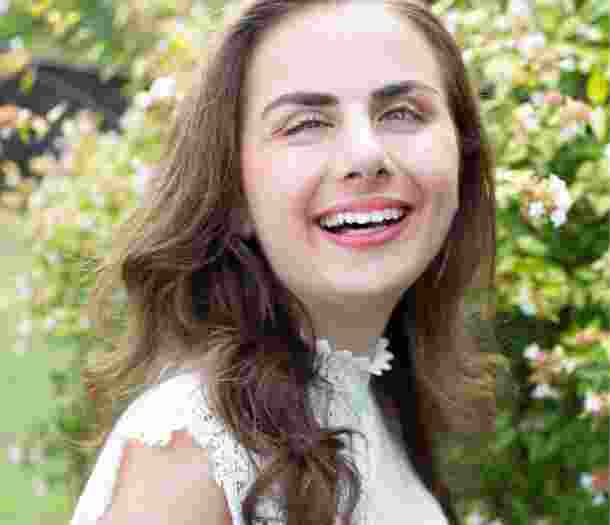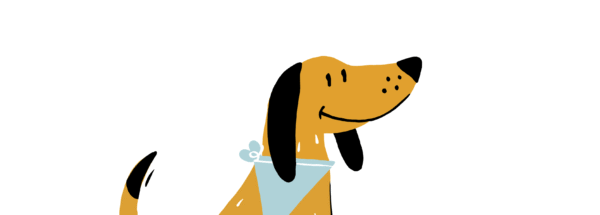On this page:
Low vision and blindness
The human eye is part of the central nervous system and one of the most complex sensory organs that we humans are endowed with.
It plays a crucial role in our perception of the world, by giving us the ability to visually distinguish forms, colours, sizes, movements, depth and facial expressions.
Low vision or blindness can be present from birth, what we call congenital blindness. It can be hereditary and experienced gradually over time, and it can also be experienced through illness or injury affecting the brain.
Our vision is one of the senses we rely on most heavily in our daily live. When a change in vision occurs, our independence and mobility can be affected. However, through our Vision Services, Occupational Therapy, Orientation and Mobility Services and Assistive Technology, you can get personalised support and develop new skills to live the life you want.
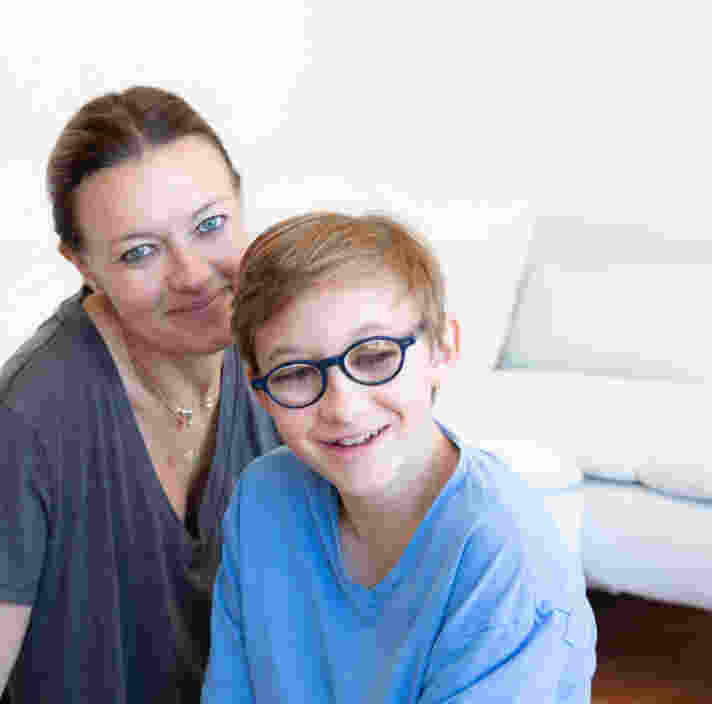
We support many different people
Not every person is completely blind and there are a variety of vision levels and conditions we support.
Some of them include:
- Age-Related Macular Degeneration
- Glaucoma
- Cortical Vision Impairment (CVI)
- Ocular Albinism
- Hereditary vision loss, e.g. Retinitis Pigmentosa
- Post-stroke visual changes
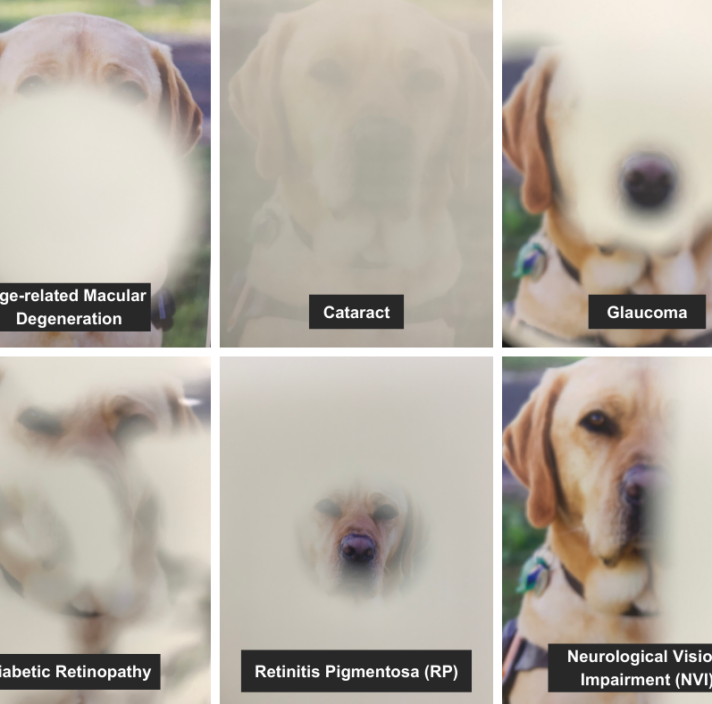
Visual Inattention
A change in vision associated with an Acquired Brain Injury.
If you experience a major neurological event such as an Acquired Brain Injury (ABI) – through a stroke, an injury to your head, or similar – you may experience a change in vision.
A change in vision that can be associated with an Acquired Brain Injury is called ‘visual inattention’.
Learn more about visual inattention, including how it can be caused, how it might affect you, and how you can retain as much independence as possible.
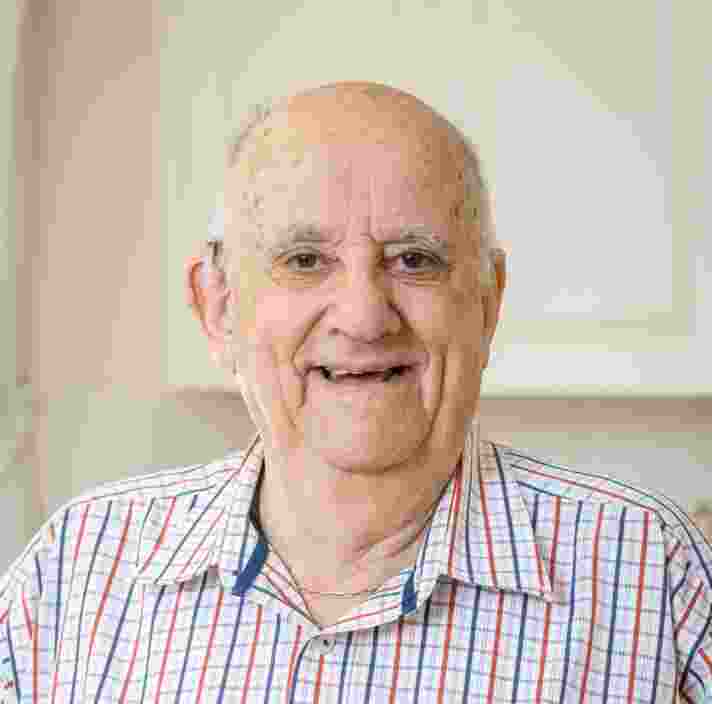
Visual Field Loss
Learn more about visual field loss and its effects.
Another type of vision impairment people may experience after an Acquired Brain Injury (ABI) is called visual field loss.
Visual field loss happens when you have damage to any part of your ‘visual pathways’ – the parts of your eyes and brain involved in processing the things you see – and can create the feeling that one of your eyes is not working.
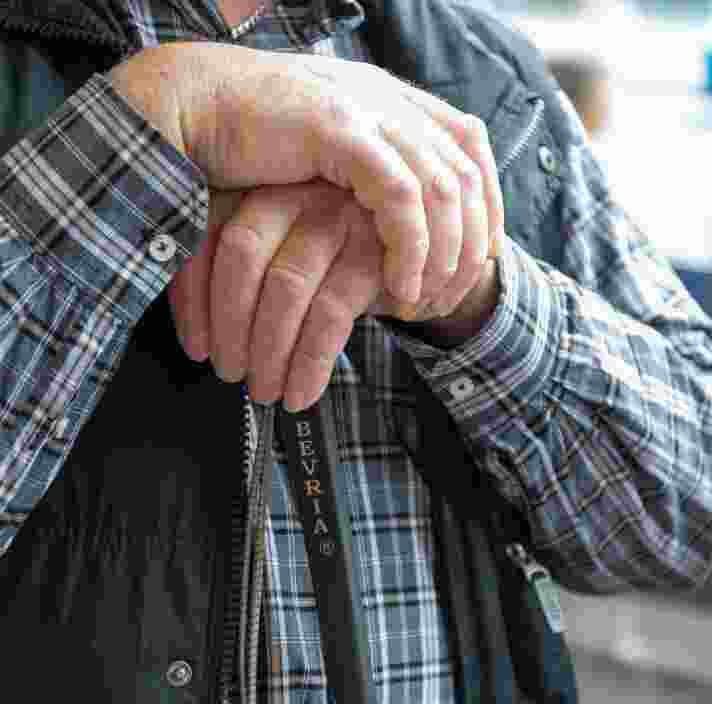
Homonymous Hemianopia
Find out about the condition and how to access support.
Homonymous hemianopia is another neurological vision impairment or a condition that affects a person’s vision as a result of a stroke, an injury to the brain, or another type of major neurological event.
Learn about the cause and impact of homonymous hemianopia, and how you can access support to maintain as much of your independence as possible.
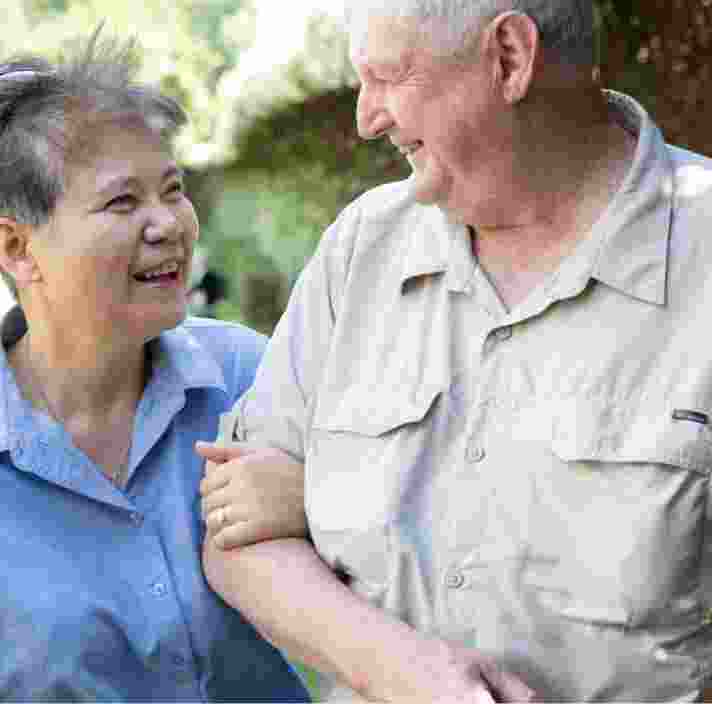
How to guide someone with blindness or low vision
Guiding a person who has low vision.
People with low vision sometimes require assistance to move through certain situations. The aim of providing guidance is to support a person so they can travel safely, confidently and efficiently.
There are a variety of guiding practices that apply to different scenarios. From assisting a person with low vision in general, to more specific practical situations like getting into a car, navigating an escalator, or interacting in different workplaces, the following techniques will ensure effective, safe and comfortable interactions.
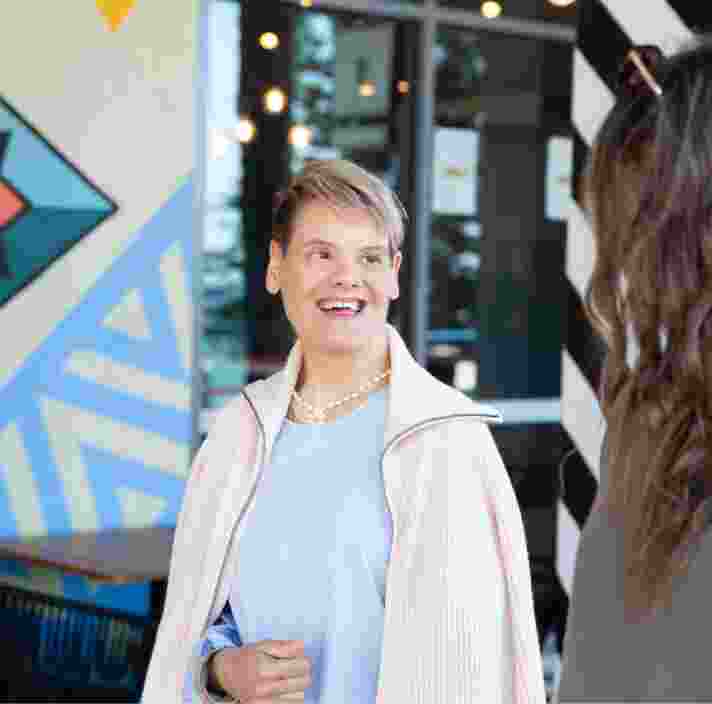
How we can help
Discover our specialised Vision Services.
Live the life you want, regardless of your age or vision level.
From childhood, through your teenage years and into adulthood, Guide Dogs can work side-by-side with you, tailoring your program as you reach different stages in life, and supporting you to achieve your personal goals.
To find out more, visit our ‘Services’ page, get in contact with us on 1800 757 738 or download our ‘Vision Services’ brochure below.
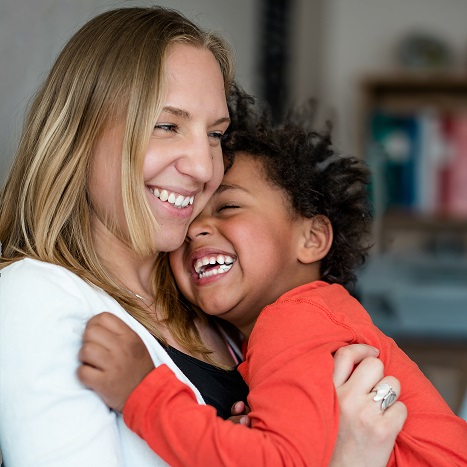
Ready to continue?
Seems like you have filled this form earlier. Let’s pick up where you left off.
